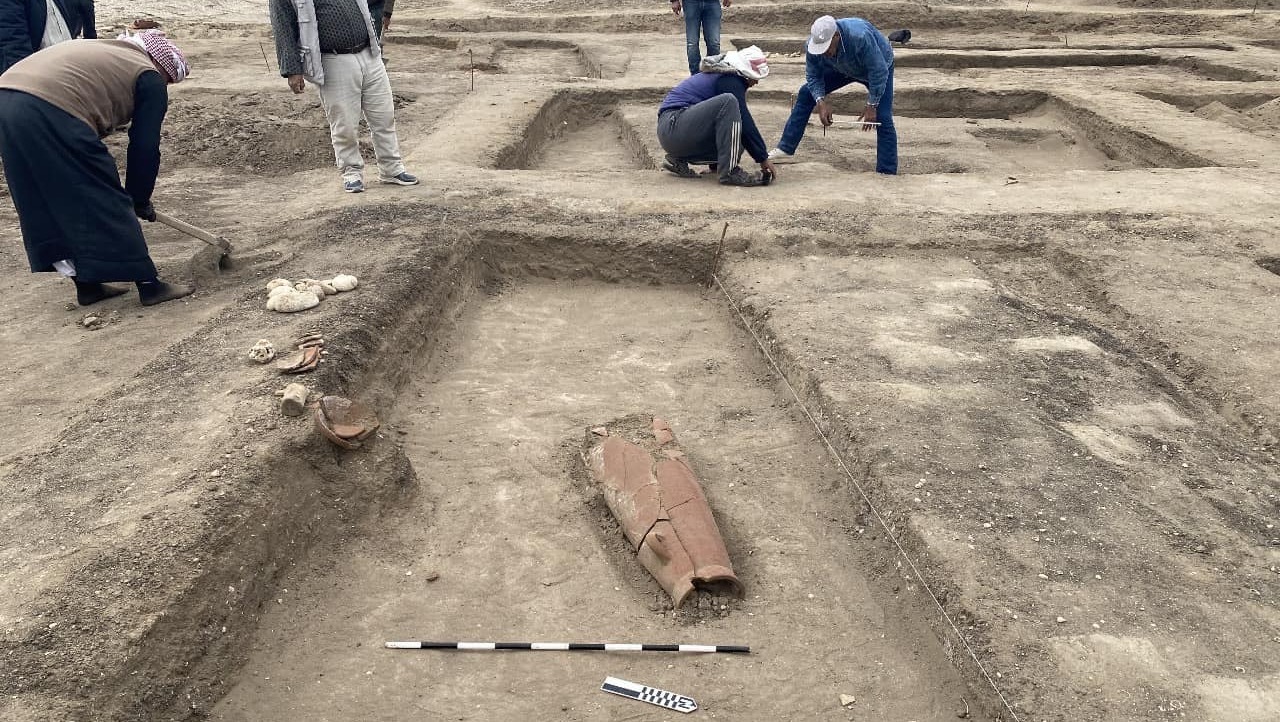Nutrients, Vol. 15, Pages 796: Development and Validation of Vitamin D- Food Frequency Questionnaire for Moroccan Women of Reproductive Age: Use of the Sun Exposure Score and the Method of Triad’s Model
Nutrients doi: 10.3390/nu15040796
Authors: Noura Zouine Ilham Lhilali Aziza Menouni Lode Godderis Adil El Midaoui Samir El Jaafari Younes Zegzouti Filali
This cross-sectional study aimed to develop and validate a vitamin D food frequency questionnaire (VitD-FFQ) to assess vitamin D intake in Moroccan women of reproductive age. Using the method of triads, the VitD-FFQ was validated against seven-day dietary records (7d-FR) and 25-hydroxyvitamin D (25(OH)D) as a biomarker of vitamin D status in 152 women (aged 18–45 years). Participants’ sun exposure scores (SES) were assessed using a specific questionnaire (SEQ). Predictors of vitamin D status were identified via linear regression models. Several statistical tests were applied to evaluate the criterion validity of the FFQ against two references methods (7d-FR and the biomarker-serum 25(OH)D). Median (Interquartile range) intakes were 7.10 ± 6.95 µg /day and 6.33 ± 5.02 µg/ day, respectively, for VitD-FFQ and 7d-FR. Vitamin D status was mainly determined by SES (R = 0.47) and vitamin D absolute food intakes derived by the VitD-FFQ (R = 0.56), which demonstrated a more significant prediction ability compared to 7d-FR (R = 0.36). An agreement was observed between the VitD-FFQ and 7d-FR (BA index of 3.29%) with no proportional bias (R2 = 0.002, p = 0.54). <10% of participants were incorrectly classified, and weighted kappa statistics showed that VitD-FFQ had an acceptable ranking ability compared to the 7d-FR and the biomarker. The validity coefficient for the VitD-FFQ was high: ρQR = 0.90 (95%CI: 0.89–0.92), and a range from 0.46 to 0.90. Adjustment for the participants’ SES and BMI (body mass index) improved the biomarker’s validity coefficient (ρRB 0.63 (95% CI 0.39–0.82). Our results indicate that the VitD-FFQ is valid for estimating absolute vitamin D intake in Moroccan women of reproductive age.

 1 year ago
55
1 year ago
55


